Indeed, tattoos in Japan carry a certain stigma, a fact I’ve experienced first-hand as a person with two prominent tattoos who has lived and travelled extensively in the country. My interactions with the Japanese people regarding my tattoos have been varied. Some individuals expressed enthusiasm and appreciation for my tattoos, viewing them as a form of personal expression. However, others, informed that my visible tattoos would prevent me from entering public onsens until late at night, as they could cause discomfort to other patrons.
Until my first visit to Japan, I hadn’t even considered that having tattoos in Japan could cause a problem. And I must stress, I didn’t really have any issues with anyone, nor was my trip any short of amazing just because I have tattoos.
I do believe that as a traveller with tattoos in Japan, should be aware of some customs and etiquette surrounding this. While having your tattoos visible in major cities, you might encounter some difficulties when visiting an onsen or public pool. Rest assured, I’ve lived in Japan with tattoos, so I know there are ways around it too, which I’m going to share with you in this article.
Table of Contents
- Why are Tattoos in Japan so taboo?
- Do Japanese people have tattoos?
- Why do tattoos have to be covered in Japan?
- Why do Japanese people hate tattoos?
- Is it ok to have tattoos in Japan?
- Tattoos are still banned in bathing houses, beaches, onsen, gyms and pools
- Visiting ryokans with tattoos
- Spiritual sites
- Final thoughts on having tattoos in Japan
- Frequently Asked Questions
Why are Tattoos in Japan so taboo?
The taboo surrounding tattoos in Japan has historical roots and is linked to societal perceptions.
Irezumi is the traditional word for tattoo in Japanese, but it mainly refers to the art of traditional Japanese tattooing. Tattooing for spiritual and decorative purposes in Japan is thought to extend back to at least the Jōmon or Palaeolithic period (approximately 10,000 BC). Some scholars suggest that the distinctive cord-marked patterns observed on the faces and bodies of figures from this period represent tattoos.
It wasn’t until the Edo period (1603–1868) that tattoos were used as a form of criminal punishment. The location and shape of the tattoo were determined by the crime committed. This led to an association between tattoos and criminality within Japanese society. Furthermore, during the Edo period, Japanese decorative tattooing began to develop into the advanced art form it is known as today. The release of the popular Chinese novel Suikoden in Japan in 1757, illustrated with lavish woodblock prints showing men with elaborate tattoos, created a demand for similar tattoos.
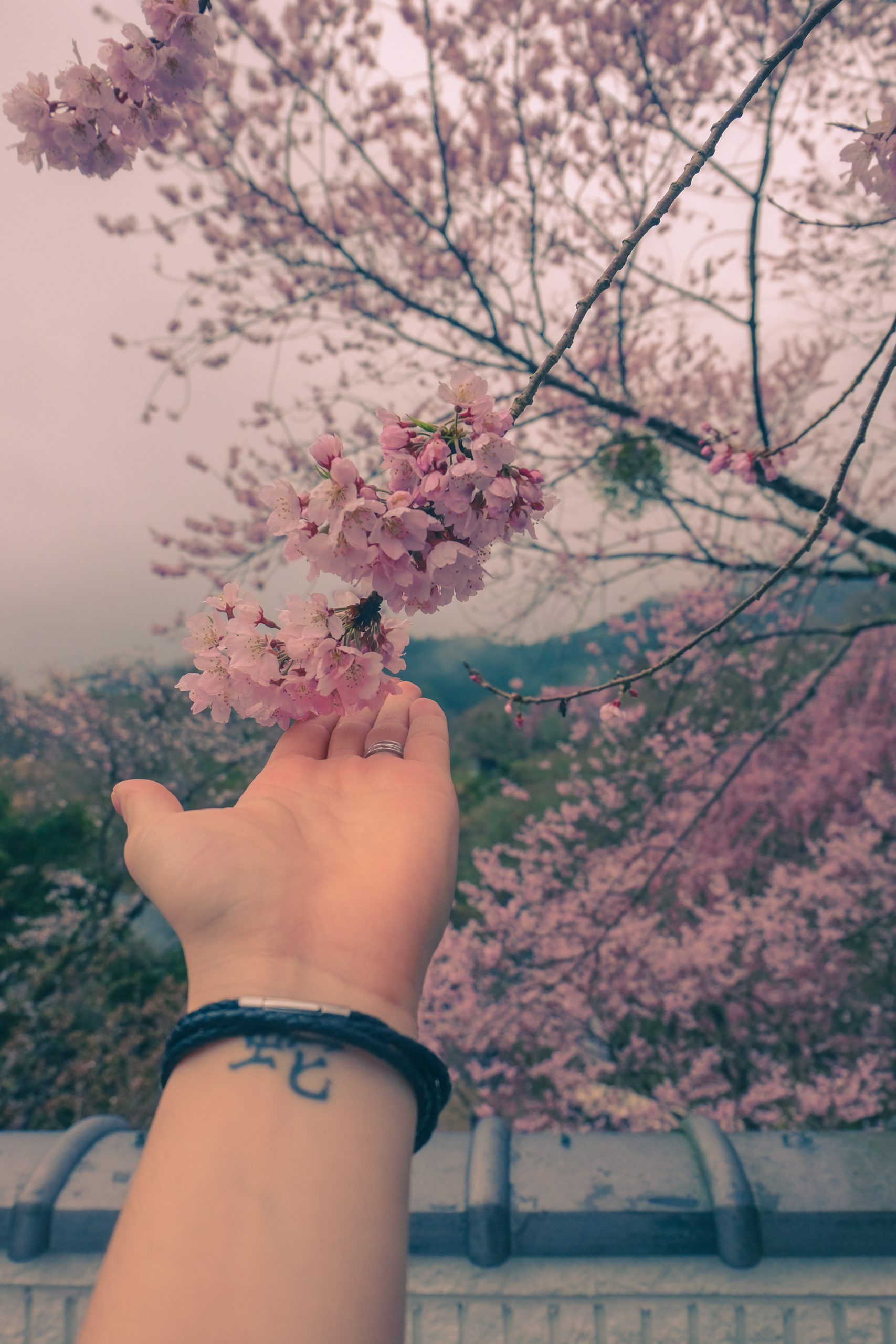
At the beginning of the Meiji period (1868–1912), the Japanese government outlawed tattoos, reinforcing the stigma against people with tattoos and tattooing in modern-day Japan. Traditional Japanese tattoos were often associated with the yakuza.
Despite this, many foreigners travelled to Japan to get tattoos due to the unique skills of Japanese tattoo artists. Tattooing was legalized in 1948 by the occupation forces but retained its image of criminality, especially due to its association with the yakuza. Many businesses in Japan still ban customers with tattoos.
But nowadays, we can see a shift in how tattoos are being perceived in Japan.
In 2020, the Supreme Court of Japan ruled that tattoos could be performed by people besides licensed medical professionals, leading to the formation of the Japan Tattooist Organization. This organization created a hygiene and safety online course for artists, providing a certificate of completion.
Modern tattoos in Japan are done similarly to Western tattooing, with customers bringing in a design of their choice. Japanese artists are recognized for the quality of their work, despite the high-cost and time-consuming process of traditional irezumi tattoos.
Traditional irezumi is still practised today with traditional tools, but artists trained in this style (horishi) can be difficult to find. A traditional bodysuit can take up to five years to complete and cost over US$30,000.
Do Japanese people have tattoos?
Around 1.4 million Japanese adults have tattoos, almost double the number from 2014, according to Yoshimi Yamamoto, a cultural anthropologist at Tsuru University. And nowadays, in big cities, it’s a lot more common to see visible tattoos.
Despite the historical stigma and the association with the yakuza, tattoos have been gaining popularity among the younger generation in Japan, largely due to Western influence.
As of 2021, according to a survey conducted by an information technology company, 60% of Japanese people in their 20s and younger agree that rules for tattoos should be relaxed.
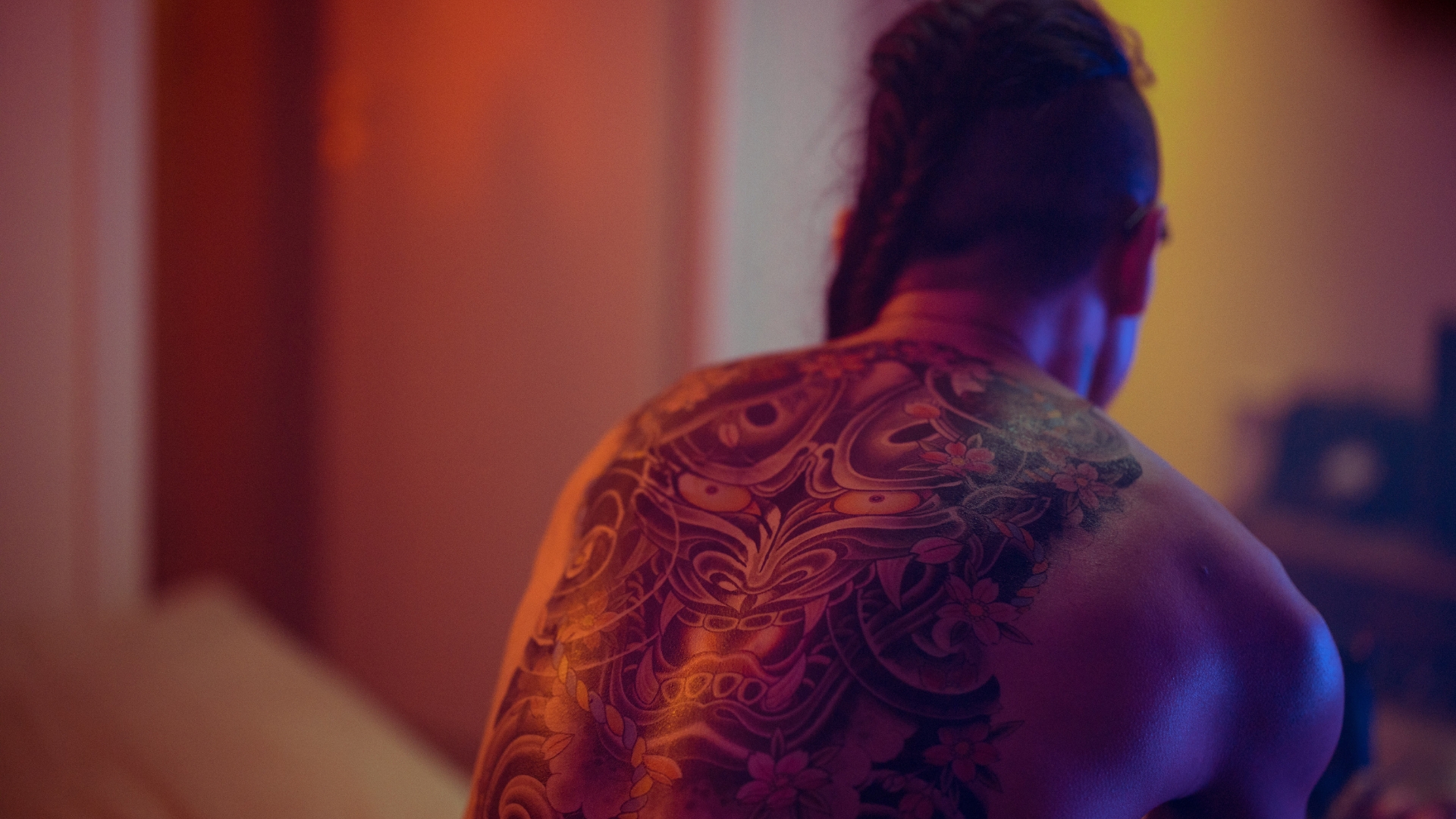
Why do tattoos have to be covered in Japan?
Will you see many tattoos in Japan? Unlikely. In all my time in Japan, I’ve seen very few young people displaying visible tattoos. Over a million Japanese have them, but they still keep them hidden.
It’s good to remember that societal attitudes towards tattoos in Japan are still quite conservative compared to many Western countries.
Despite the increased in popularity, many people prefer to keep their tattoos hidden as they can be a barrier to certain types of employment and can even prevent entry to places like gyms, public baths, and hot springs. In fact, there have been instances of discrimination against people with tattoos in the workplace. For example, in 2012, the then-mayor of Osaka started a campaign to rid tattoos from public sector employees, claiming that “tattoos on City workers undermined trust in the City” and threatening to fire any government employee with tattoos.
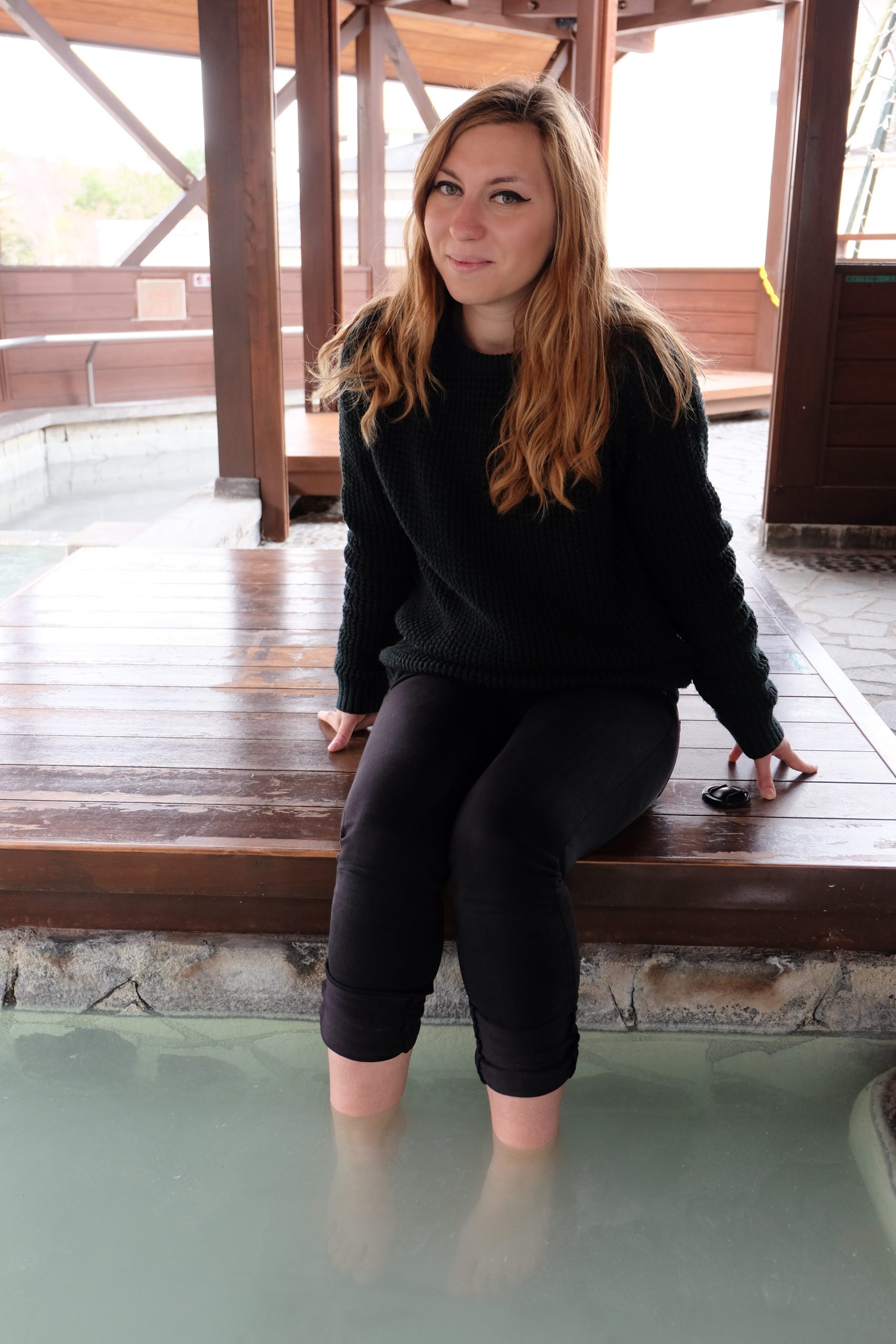
Despite tattoos gaining popularity among the youth of Japan due to Western influence, they continue to be stigmatised throughout most of Japan. Even finding a tattoo shop in Japan can prove difficult, with tattoo shops primarily placed in areas that are very tourist-friendly. From around 250 Japanese tattooists in the 1990s there are now between 3,000 to 5,000 in the present day according to Professor Yamamoto Yoshimi, a prominent tattoo scholar in Japan.
As a Westerner with tattoos in Japan, nobody assumed I’m some criminal just because of my dandelion tattoo on my back. But there have been instances when I needed to wait for everyone to leave the onsen before being allowed to enter. Every single Japanese person was kind and accommodating while trying to make me but also other Japanese patrons comfortable. I appreciated that.
On my last trip to the oldest ryokan in the world, I was 100% allowed to enter the main public onsen with tattoos and have them in full display. Other old Japanese ladies made cute remarks about them. There was never any malice, stares, or weird moments for me.

In a previous account of my experience wearing a kimono in Japan, I shared an incident where a Japanese lady exclaimed “kawaii” (cute) upon seeing my back tattoo for the first time. Subtly, she then revealed a butterfly tattoo on her own shoulder. She confessed her love for tattoos, but acknowledged the persistent societal stigma surrounding them.
Why do Japanese people hate tattoos?
Japanese people do not hate tattoos. However, it’s fair to say that Japan, being a traditionally conservative nation, tends to adapt to changes at a more gradual pace. While the younger generation is clearly more open to having and displaying tattoos, the older generation is still very much awkward about them.
And who can blame them, given that tattoos were ones seen as a punishment for a crime? But this too is clearly changing. Not that long ago, The Japan Tourism Agency has asked spa operators to allow tattooed foreigners into their facilities.
Is it ok to have tattoos in Japan?
As a foreigner visiting Japan, it is perfectly OK to have tattoos. As I previously mentioned, many saw and noticed my tattoos. Some made cute remarks, while other people simply didn’t even notice them. There was virtually no difference in travelling with or without tattoos. And I know this because while I do have tattoos, my husband does not. We both received equal treatment and hospitality, always.
Now, I must point out that there are some instances when your tattoos might be a minor inconvenience when visiting Japan. There are some ryokans, onsen and public gyms which do not allow visitors with tattoos. There are always ways around this, so don’t worry too much. A little research before your visit goes a long way.
And as someone who travels around Japan a lot, I can help you make sense of it all.
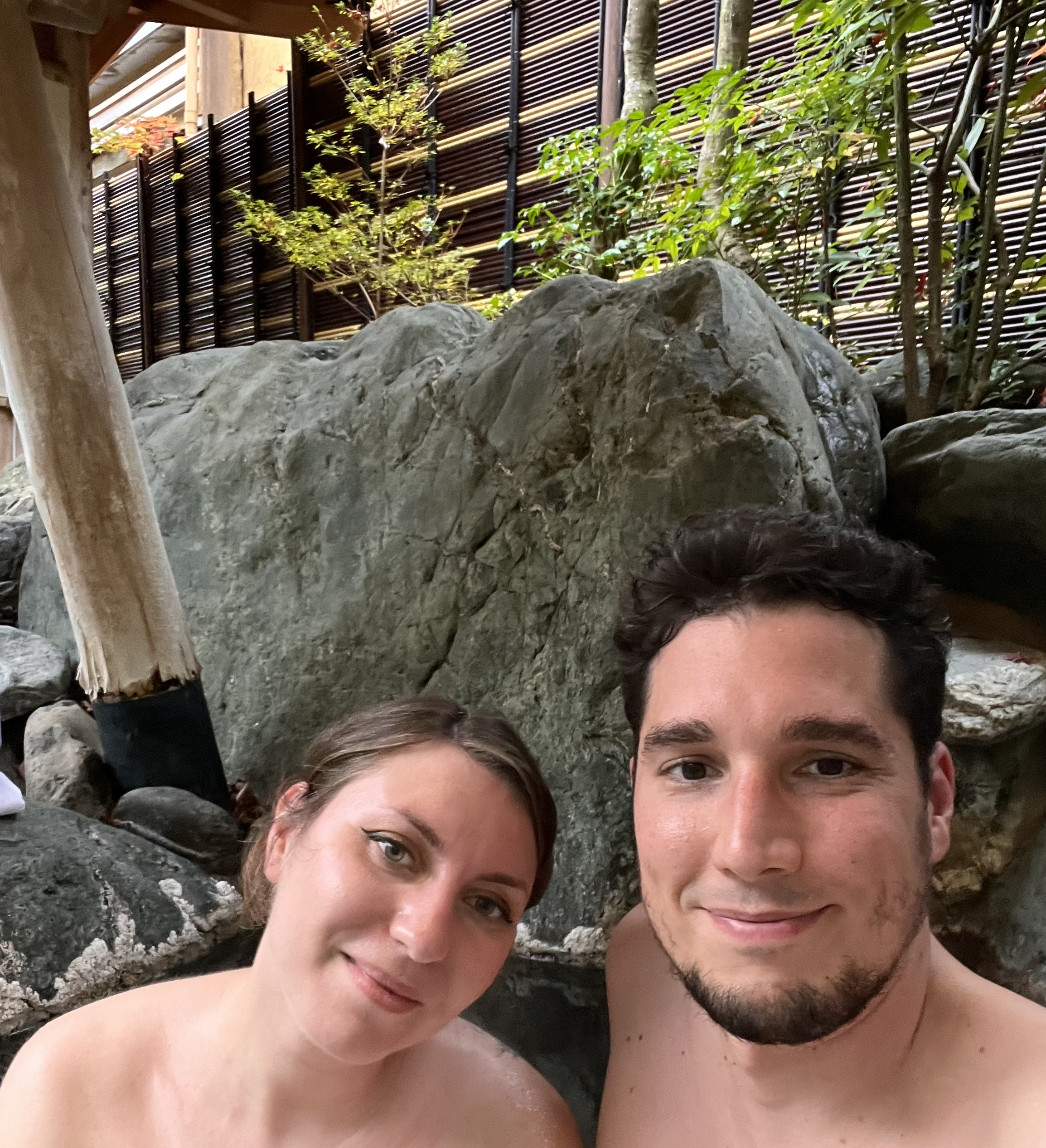
Tattoos are still banned in bathing houses, beaches, onsen, gyms and pools
Tattoos are often not allowed in onsens (Japanese hot springs) bathing houses, beaches, gyms, and pools due to their historical association with the yakuza. In the past, tattoos were a common marker of yakuza membership, and this association has led to a stigma around tattoos in general.
Onsens are places of relaxation and communal bathing, and the presence of tattoos can cause discomfort or fear among other patrons due to this association. As a result, many onsens have policies prohibiting entry to individuals with visible tattoos to maintain a peaceful and comfortable environment for all guests.
However, attitudes are slowly changing, and some onsens have started to become more accepting of tattoos, particularly as international tourism increases. Some onsens now allow guests with small tattoos, or allow visitors to cover their tattoos with adhesive bandages (tatū kakushi yō no tēpuタトゥー隠し用のテープ) when using their facilities.
It must be noted that, in my experience, only fairly small tattoos can be covered enough to satisfy the entry requirement to these public places. Also, make sure to use the correct cover, as some bandages can fall off in the humidity of the onsen or other hot environments.
For your own comfort, I do recommend renting a room with a private onsen. While these are a little pricier, you’ll gain a lot of privacy and peace of mind. Besides, the whole experience will feel more luxurious and fun. In such instances, you don’t need to feel awkward that you are visiting Japan with tattoos.
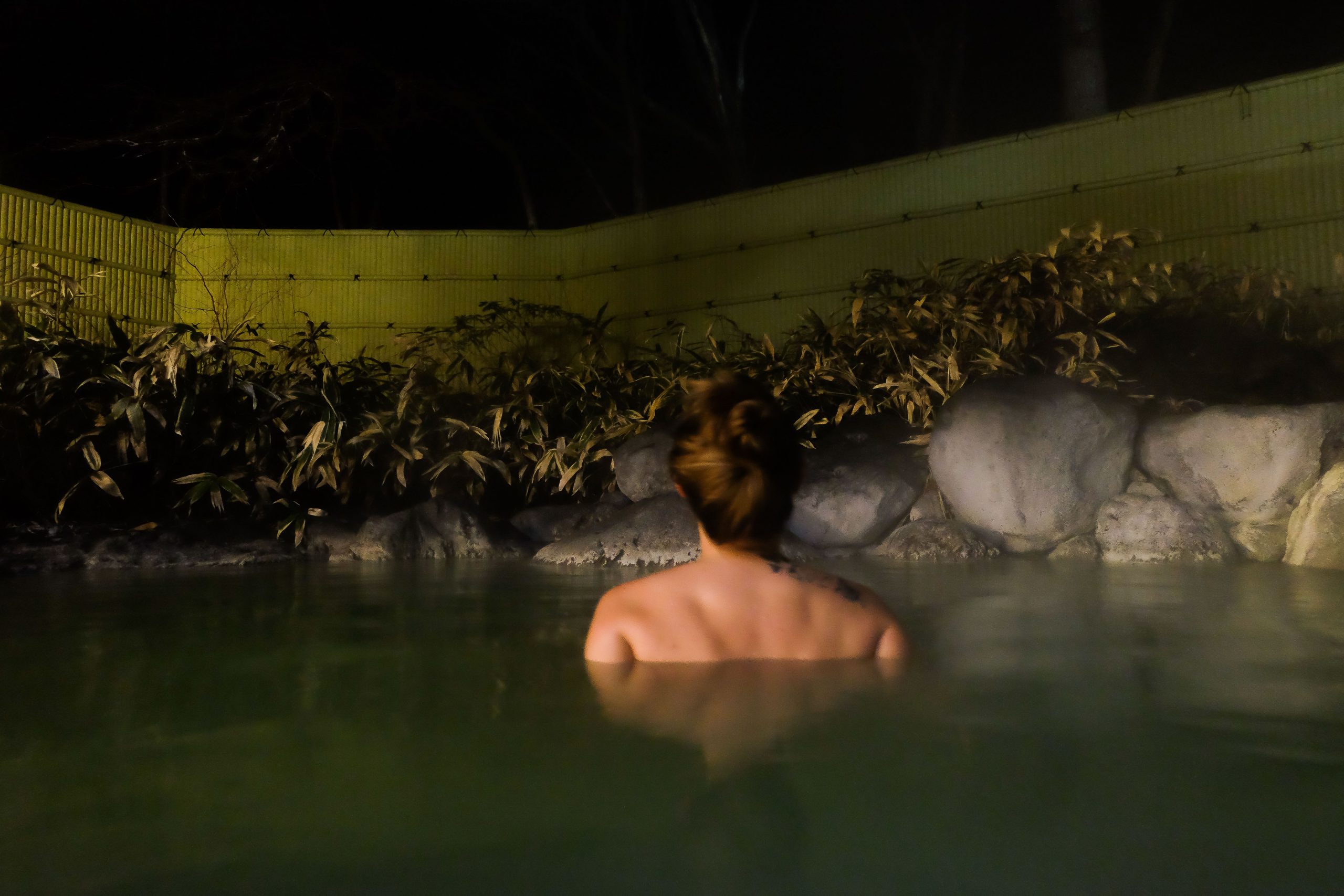
Visiting ryokans with tattoos
A government survey has found that 56 percent of Japanese hotels and inns do not allow tattooed visitors to enter their public bathing areas, as written by Japan Times.
If you have small enough tattoos which can be covered by clothes or by a yukata, nobody is going to refuse you. Chances are, nobody is even going to notice them, especially if they are somewhat hidden under your clothes. However, if you have clearly visible tattoos, I do recommend getting in touch with the ryokan before your arrival. The last thing you’d want is to be turned away at check-in. and just to clarify, should this happen, the Japanese would be extremely polite and apologetic about it, and would definitely not be anything personal or against you because you are a foreigner. They are just people following the establishment rules.
The best thing you can do is to send your ryokan a message in advance and explain your situation. I’ve done that many times before and was told that I am very welcome to use their public facilities and their onsen. Just the one time, the staff asked me kindly to wait until 10pm to use the public onsen so there were not so many people around.
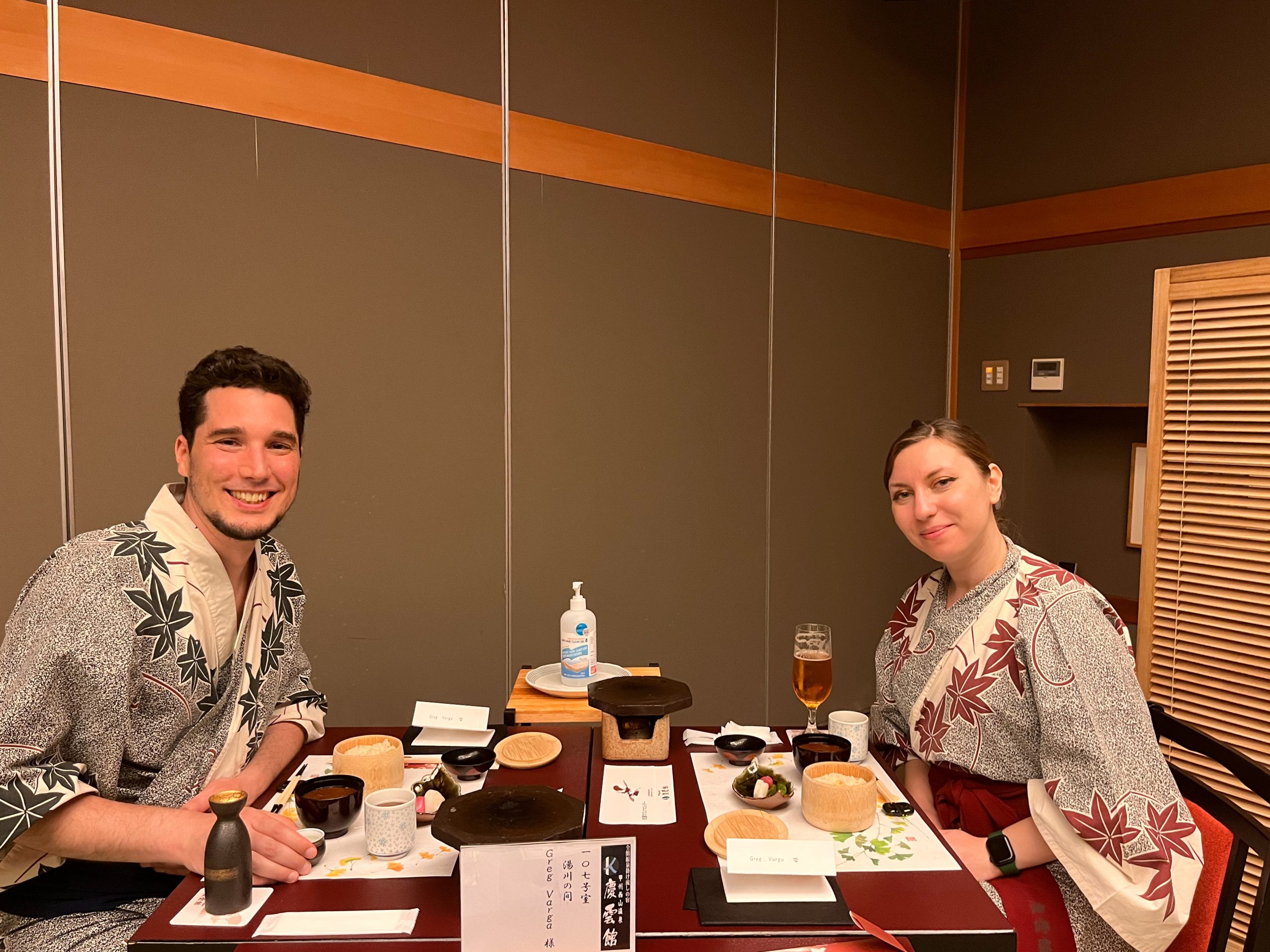
Spiritual sites
While tattoos are not generally seen as disrespectful in temples or shrines in Japan, they can still draw attention due to their historical association with criminality and the yakuza. I must point out, though, there are typically no strict rules against tattoos in these religious sites as there are in onsens or public baths.
That being said, it’s always a good idea to be respectful and mindful of cultural norms when visiting religious sites. If you have large, visible tattoos, you might consider covering them to avoid any potential discomfort or misunderstanding. This is not a hard and fast rule, but rather a suggestion based on the conservative nature of Japanese society and the potential for tattoos to be misunderstood.
Remember, the most important thing when visiting temples or shrines in Japan (or anywhere else) is to show respect for the place and the people who worship there. This includes following any posted rules, being quiet and respectful, and dressing appropriately.
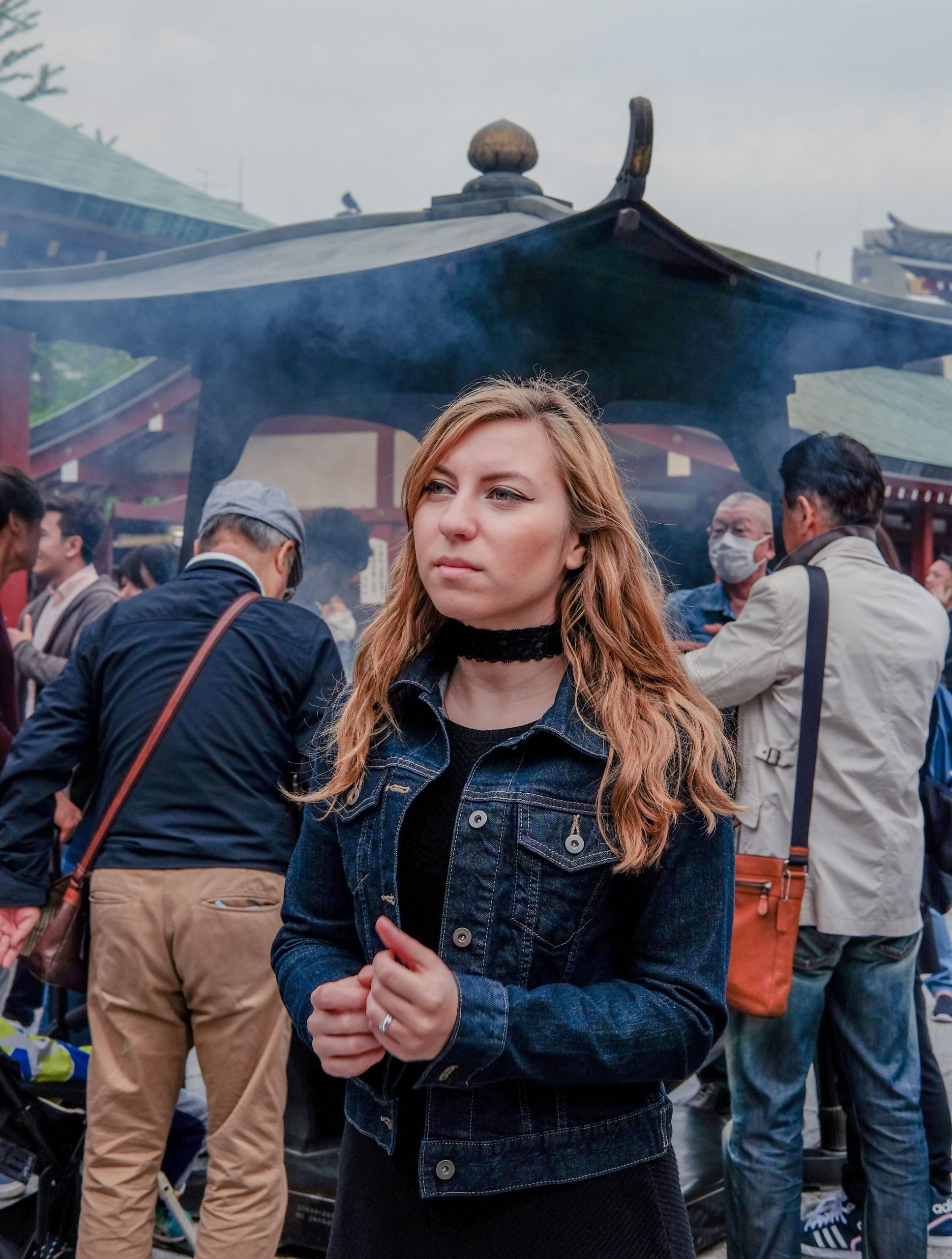
Final thoughts on having tattoos in Japan
I’ve lived in Japan and visited the whole country extensively while having tattoos. I have one tattoo on my wrist which can be easily seen on a day to day and a larger tattoo on my back which can’t be easily concealed. Despite all this, I never received any lesser treatment than my husband who has zero tattoos. We’ve both been really welcomed to all establishments and accommodated to.
To make my life easier and respect the locals, I’ve always been upfront about my tattoos and enquired about entry to an establishment, sometimes weeks in advance to ensure there are no issues. A little planning ahead goes a long way, and as I’ve already mentioned, getting a room with a private onsen can really eliminate all the stress.
Enjoy your trip to Japan!
Frequently Asked Questions
Why do tattoos have to be covered in Japan?
Tattoos often need to be covered in Japan due to the historical and societal stigma associated with them. In the past, tattoos were used as a form of punishment for criminals in Japan. This has led to a long-standing association between tattoos and criminal behaviour. Tattoos, especially traditional full-body irezumi, have been closely associated with the yakuza.
Many workplaces in Japan have strict dress codes that prohibit visible tattoos. Similarly, public facilities like gyms, swimming pools, onsens (hot springs), and bathhouses often have rules against tattoos to maintain a certain standard of decorum and to avoid making other patrons uncomfortable.
Japan is a relatively conservative society, and tattoos are often seen as a deviation from the norm. This cultural conservatism contributes to the expectation that tattoos should be covered in public.
However, attitudes towards tattoos are slowly changing, especially among younger generations. As international travel and cultural exchange increase, the stigma around tattoos in Japan may continue to lessen.
What percentage of people have tattoos in Japan?
In Japan, a country with a population of approximately 125.7 million people, it’s estimated that around 1.4 million adults have tattoos. This represents roughly 1.11% of the total population. Despite the historical stigma associated with tattoos in Japanese society, this figure indicates that a small, but significant portion of the population has embraced the art of tattooing.
What is a tattoo called in Japanese
In Japanese, a tattoo is called “tattoo” (タトゥー) in the borrowed English term, or “irezumi” (入れ墨). The term “irezumi” is often used to refer specifically to traditional Japanese tattoos, which are typically large, intricate designs that cover large parts of the body.
When did tattoos become taboo in Japan?
Tattoos became taboo in Japan at the beginning of the Meiji period. The Japanese government, conscious of its international image as it opened its borders to the rest of the world, outlawed tattooing. This move reinforced the stigma against people with tattoos and tattooing in modern-day Japan. The practice of tattooing was associated with criminality, and despite being legalized by the occupation forces in 1948, it has retained its image of criminality.
Does Japan allow foreigners with tattoos?
Yes, Japan allows foreigners with tattoos to visit the country. However, people with visible tattoos may be barred from certain places like onsens (hot springs), gyms, swimming pools, and some traditional ryokans (inns), as tattoos are often associated with the Yakuza. This is not a legal restriction, but rather a social one based on cultural norms and perceptions. It’s always a good idea to check the specific rules of the place you plan to visit or stay in Japan.
However, it’s worth noting that attitudes towards tattoos in Japan are slowly changing, particularly in larger cities and among younger generations. Some establishments have started to relax their rules, especially in areas frequented by tourists. For instance, some onsens now allow guests with small tattoos, or provide cover-up stickers for larger ones.
If you’re planning a trip to Japan and have visible tattoos, it’s a good idea to research ahead and check the specific rules of any places you plan to visit. This can help ensure a smooth and enjoyable travel experience.

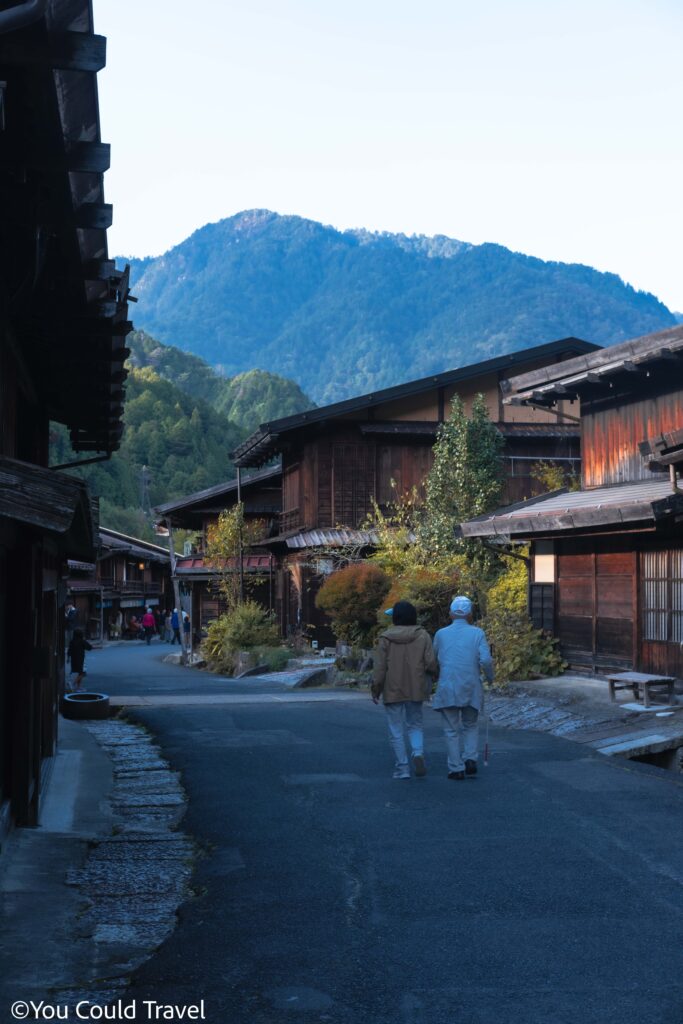
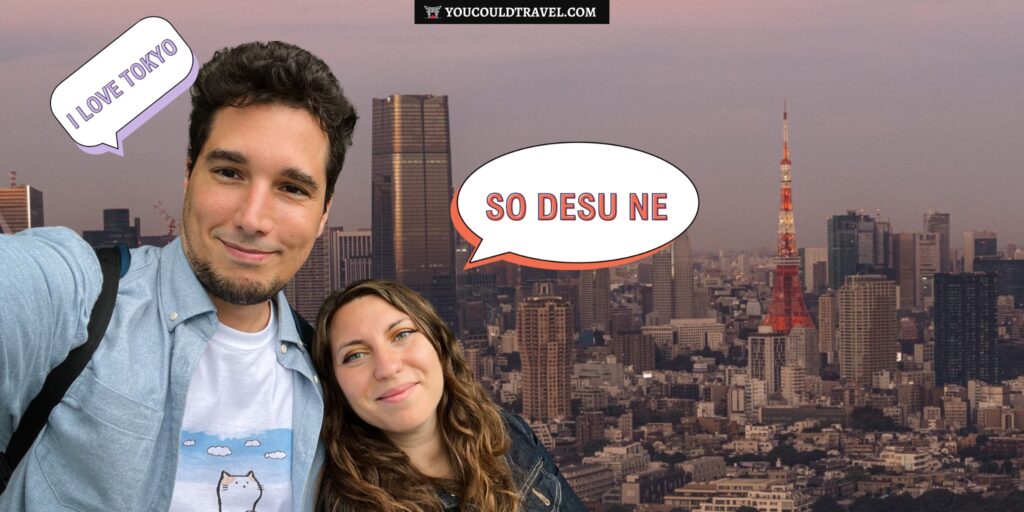
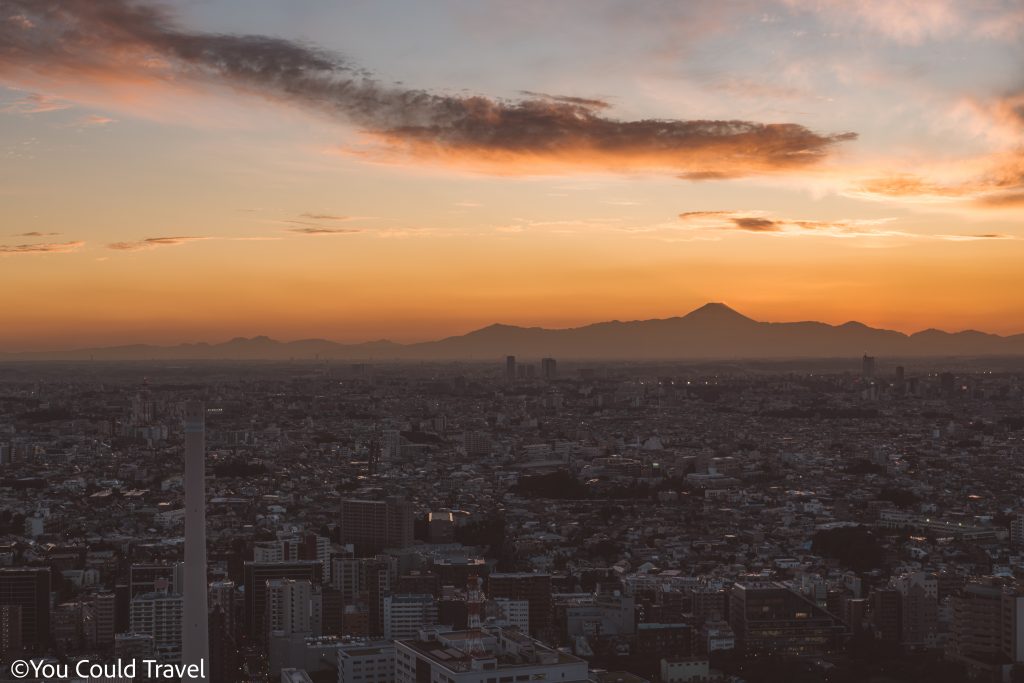
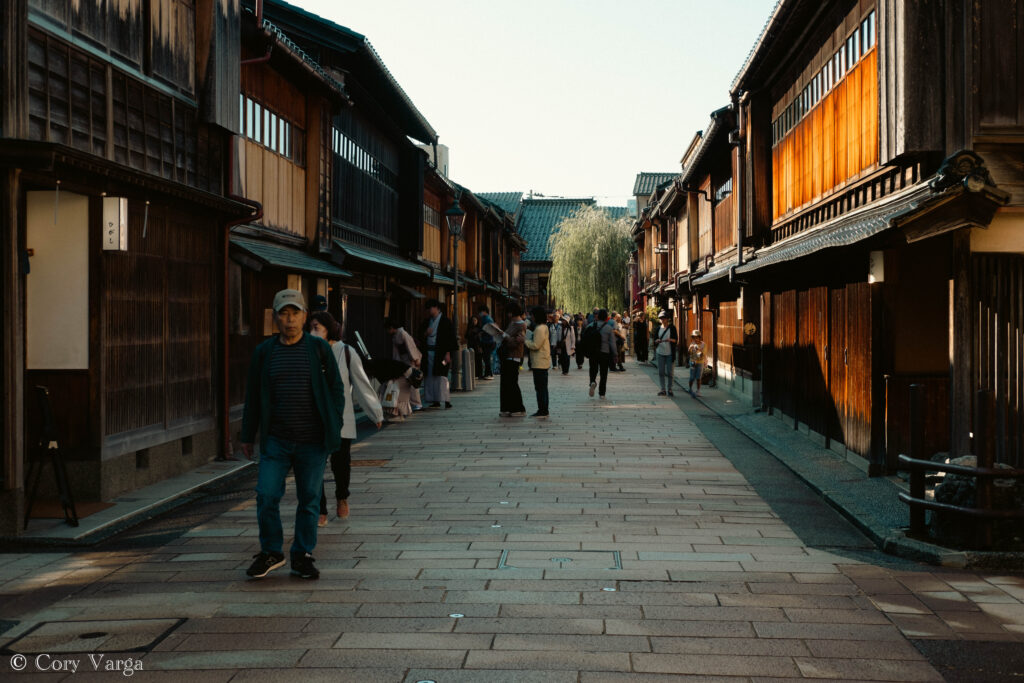
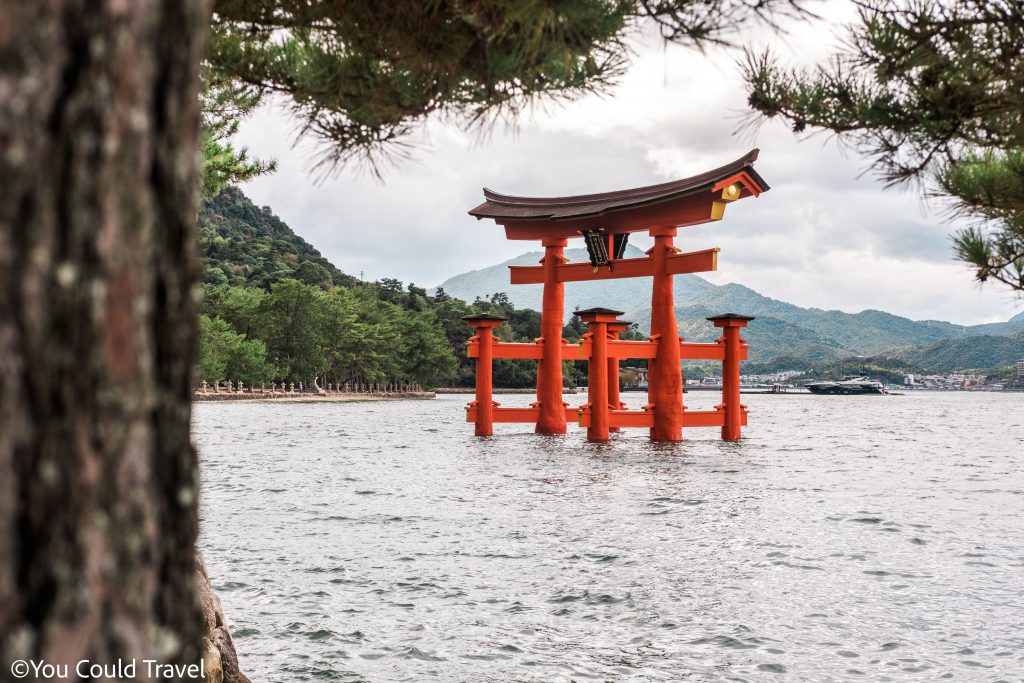
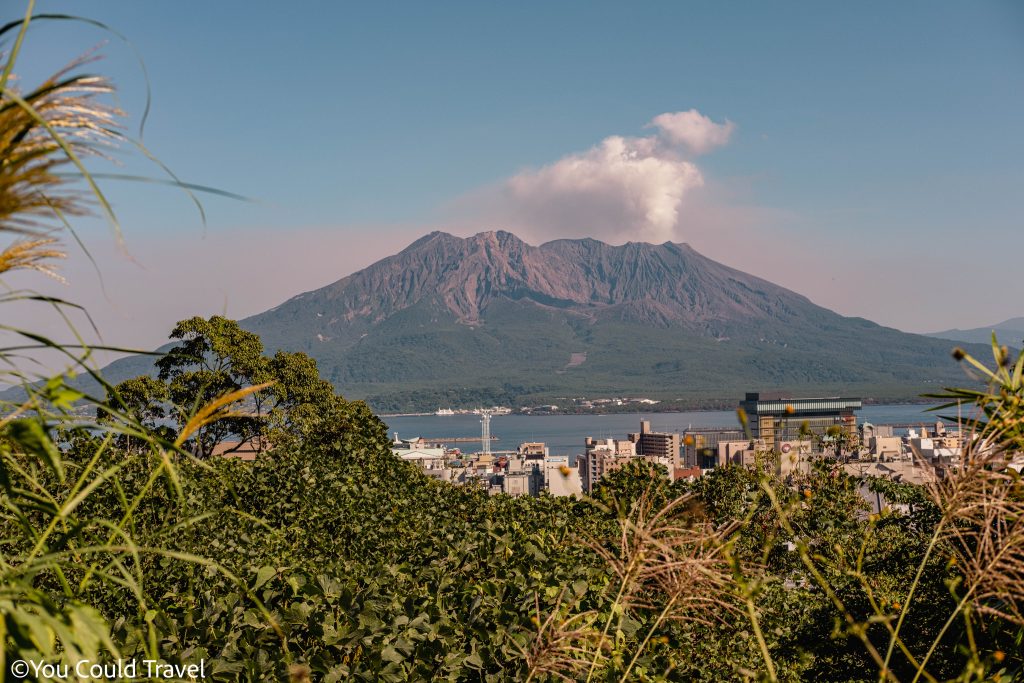


Leave a Reply